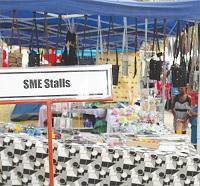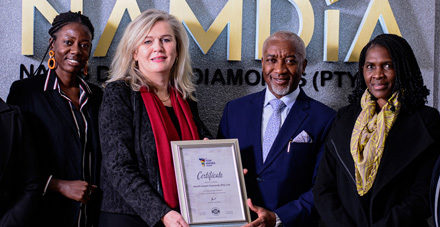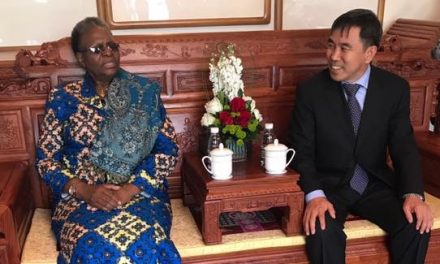
Call for comments for new economic policy brief for the informal sector

By Freeman Ya Ngulu.
All those in enterprise development in both public and private sectors are invited to air their written views on the new National Informal Economy, Startups and Entrepreneurship Development Policy (NIESED).
The NIESED policy is to be reviewed every five years. However, interim reviews and amendments are incorporated only after sanctioned by Cabinet. NIESED will eventually replace the 1997 Policy and Programme on Small Business Development and the 2016 National Micro, Small and Medium Enterprise (MSME) Policy. An updated policy framework has become necessary since the former policies are mostly tailored, unintentionally to the formal sector.
NIESED is Namibia’s response to this increasing continental and indeed global trend to embrace a policy response that supports and facilitates growth in the informal economy, startups, scaleups and overall entrepreneurial capacity and capability. To this end the policy carries important interventions at macro, meso as well as micro levels that should ultimately create a sustainable and inclusive entrepreneurial ecosystem.
The new policy strives for a coherent approach to the formalization agenda. A key pillar is uniformity in definitions that supports a structural mechanism to ensure viable results, most notably boosting innovation and development.
It must further provide stimulus for enhanced business regulation and synchronisation that allows for an enabling framework and not limit business growth through cumbersome red tape and quasi, superfluous regulation that only leads to a proliferation of regulatory functions but does nothing to support startups.
Eventually the aim is to provide timely and adequate monitoring and evaluation for effective policy implementation.
The Ministry of Industrialization and Trade is expected to be the facilitator, coordinator, mediator and capacity builder, playing a leadership role to other stakeholders. The starting point therefore is for the key identified institutions to gain a full comprehension of the policy and organise themselves to carry out tasks ensuring that the targets are reached within given time frames.
Comments can be submitted to Dr Michael Humavindu, the Deputy Executive Director: Industrialisation, Investment Policy & Enterprise Development.













































